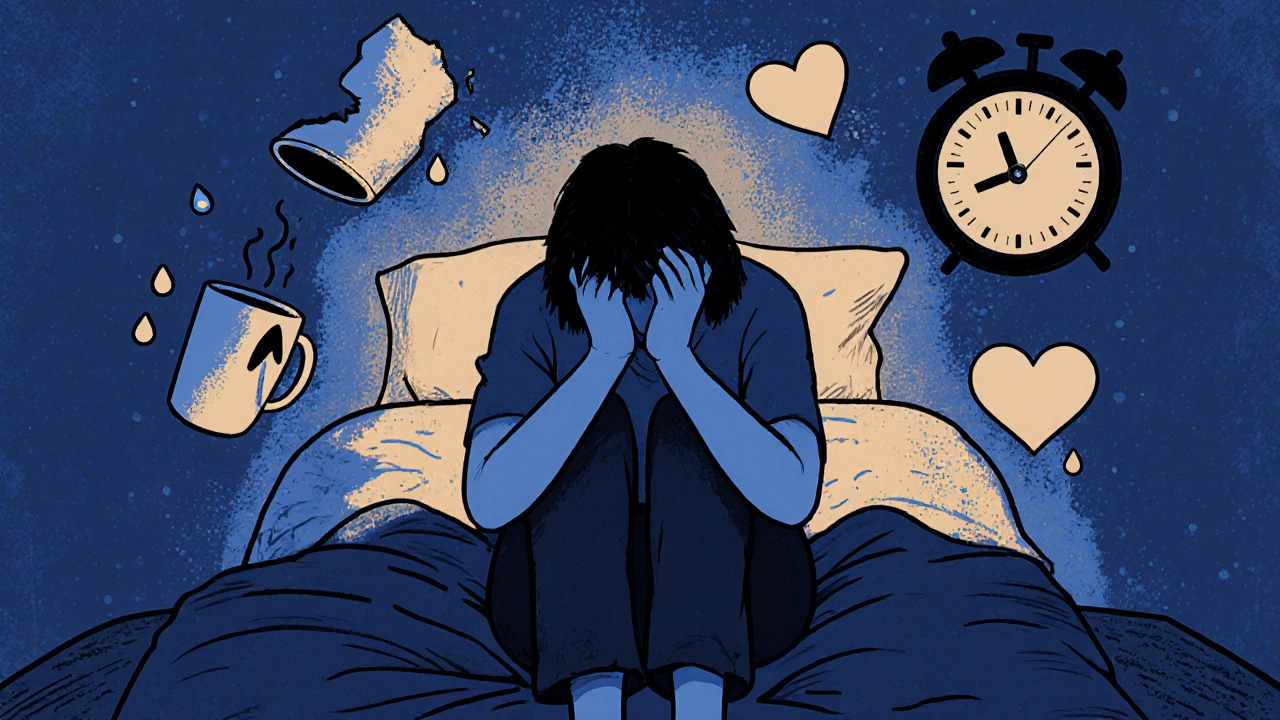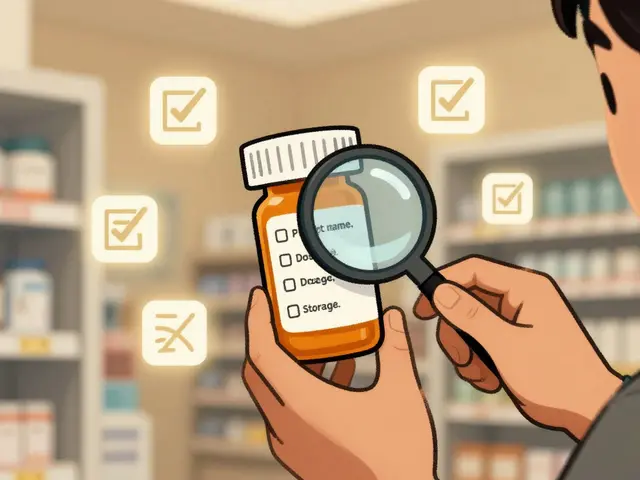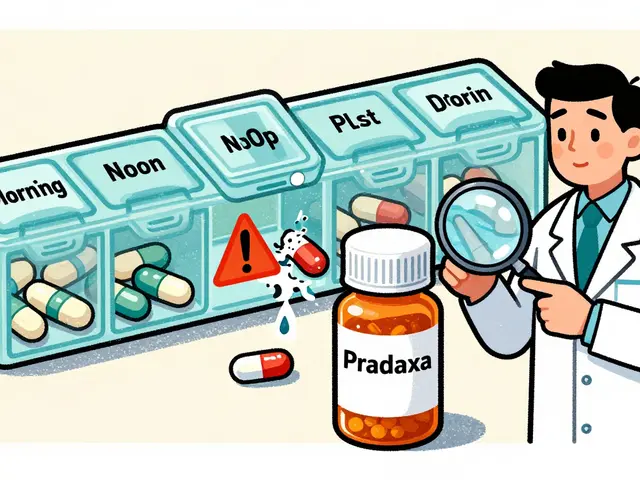Steroid Mood Changes: How Steroids Affect Emotions and Mental Health
When people take steroids, synthetic versions of hormones like cortisol or testosterone used to reduce inflammation or build muscle. Also known as corticosteroids or anabolic steroids, they can change how your brain processes emotions. It’s not just about muscle gain or clearer skin—many users report sudden anger, anxiety, or even depression without any obvious trigger. These aren’t rare side effects. Studies show up to half of people on long-term steroid treatment experience noticeable mood shifts.
Not all steroids affect mood the same way. corticosteroids, like prednisone, used for asthma, arthritis, or autoimmune diseases often cause irritability, insomnia, or emotional outbursts. On the other hand, anabolic steroids, used by some athletes or bodybuilders to increase muscle mass, are linked to aggression, paranoia, and risky behavior. Both types interfere with brain chemicals like serotonin and dopamine, which control mood, sleep, and motivation. It’s not weakness—it’s chemistry. Your brain isn’t broken; it’s reacting to a powerful hormone surge it wasn’t designed to handle.
Who’s most at risk? People with a history of depression, anxiety, or bipolar disorder are more likely to have severe reactions. Teens and older adults also show stronger emotional responses. Even short courses—like a 5-day prednisone pack for a flare-up—can trigger mood swings in sensitive individuals. The good news? These changes usually fade after stopping the drug. But ignoring them can lead to dangerous outcomes: strained relationships, job loss, or worse. If you or someone you know starts acting out of character on steroids, it’s not "just stress." It’s a known medical effect.
What you’ll find in the posts below are real, practical stories and science-backed facts about how steroids change your mind—not just your body. You’ll see how these mood shifts connect to other drug interactions, like those with antidepressants or sleep aids, and how they compare to side effects from other common medications. No fluff. No guesswork. Just clear, direct info to help you recognize the signs, talk to your doctor, and make smarter choices.

Prednisone can cause severe mood swings, anxiety, and depression in up to 47% of users. Learn proven coping strategies, when to seek help, and how to talk to your doctor about steroid-induced mental health side effects.
Continue Reading





